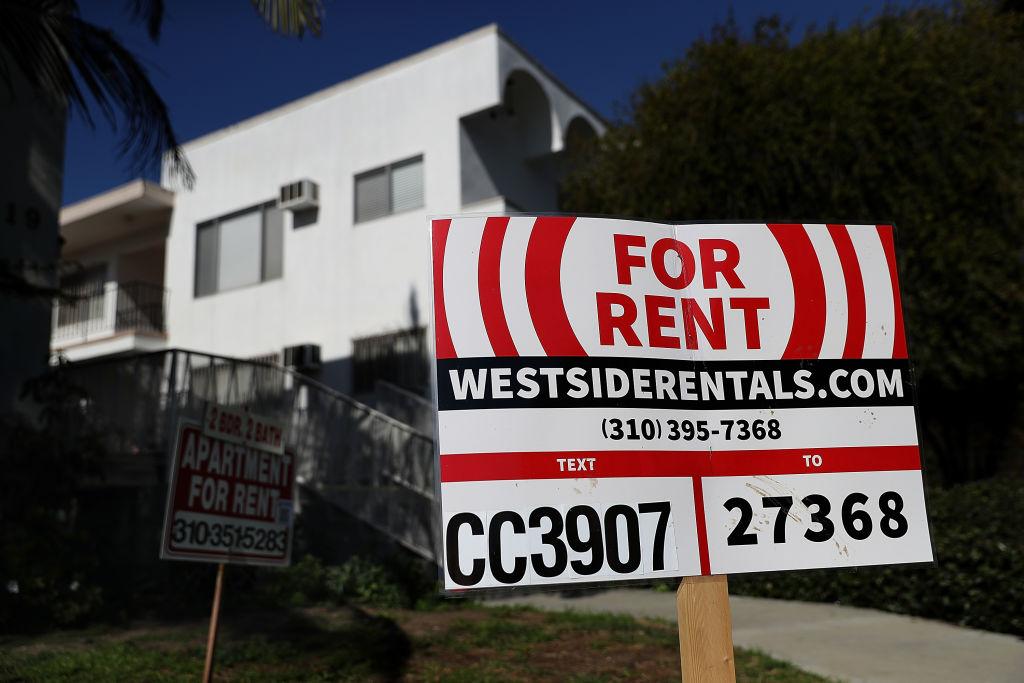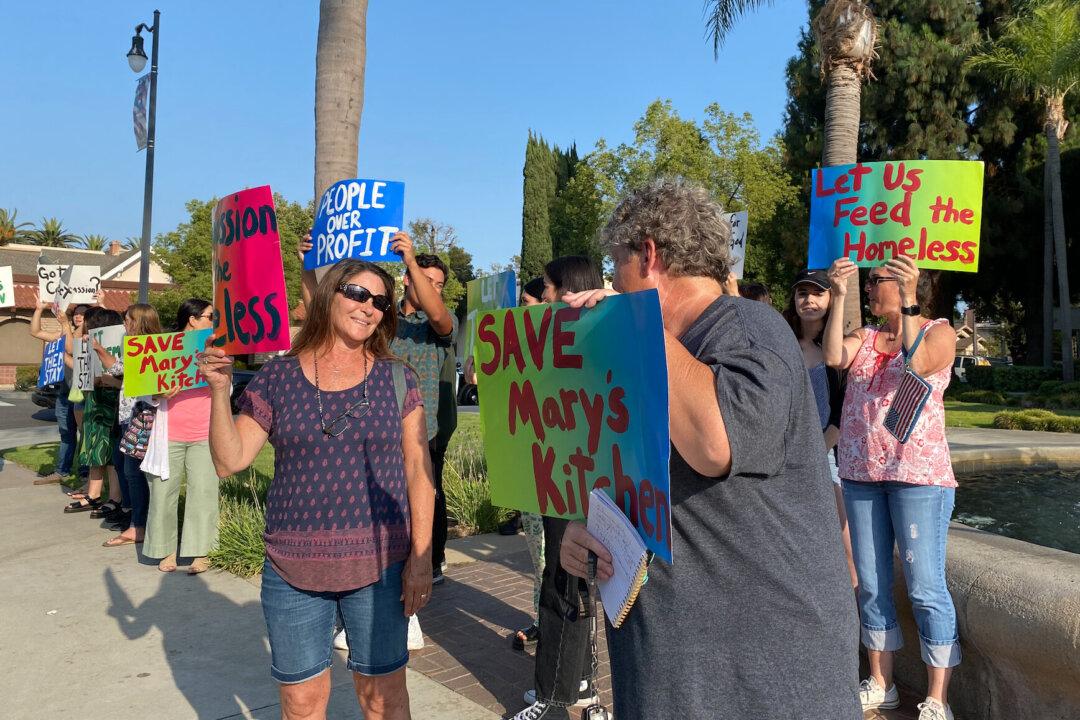An effort to create a vacancy tax in Los Angeles that would penalize property owners who don’t rent empty units has been postponed after failing to earn City Council approval in time for inclusion on the November ballot.
Despite enthusiasm from several councilmembers, a last-minute attempt to qualify the measure for the Nov. 3 election lacked enough specificity, especially regarding revenue estimates, to squeeze through by the July 1 deadline.





